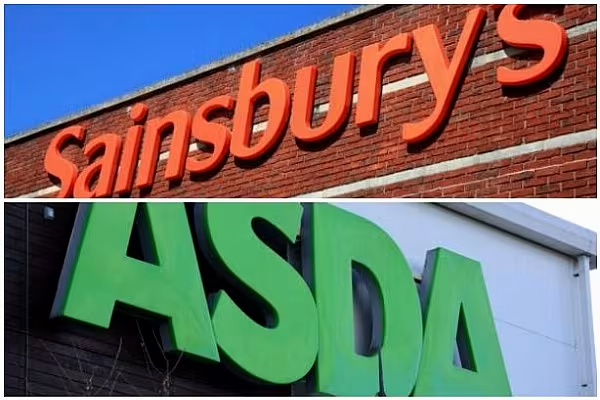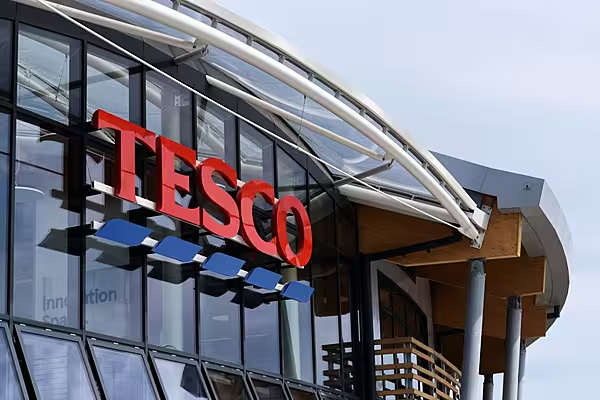The UK's Competition & Markets Authority (CMA) has published a summary of submissions received from retailers, suppliers and a range of industry representatives, in response to the planned Sainsbury's-Asda merger, with several respondents highlighting competition concerns over the proposed deal.
As the CMA noted, a number of submissions raised concerns about the impact of the proposed merger at a national level, with increased concentration in the marketplace, and two firms, Tesco and the combined Sainsbury's/Asda both holding high market shares.
'Some respondents suggested that this could give rise to higher prices, reduced choice, or a loss of innovation within the supply of groceries,' the CMA said.
Retailer Options
Respondents also raised concerns that the proposed merger could have a negative impact on a local level, as it would lead to fewer alternative options for shoppers in certain parts of the country, both in terms of physical stores and online.
Elsewhere, concerns were raised over the ability for retailers to 'coordinate' their pricing practices to achieve a more profitable outcome.
'Some of these submissions suggested that certain market conditions that could be conducive to coordination – in particular the ability of suppliers to monitor their rivals’ pricing – had increased in recent years, for example through online price comparisons and the increased use of price matching software', the CMA said.
Respondents also called for further analysis of the Sainsbury's-Asda deal in terms of fuel operations, with both operating sizeable forecourt operations.
Supplier Concerns
In terms of supplier respondents, many submissions raised concerns about the increased buying power of the merged entity, which would give it the ability to 'negotiate lower prices with suppliers and/or to pass on excessive risks and unexpected or disproportionate costs to suppliers', the CMA said.
This would have several knock-on effects, suppliers noted, including reduced margins for suppliers; suppliers being 'squeezed'; standards lowering in suppliers supply chains; suppliers being forced to charge higher prices to smaller retailers; and reduced choice available to consumers.
'Some submissions considered that some or all of these consequences might particularly impact on certain supplier groups, such as smaller suppliers,' the CMA said. 'Other respondents suggested that branded suppliers could be particularly affected, on the basis that the Parties would have an incentive to favour own-label products.'
The CMA said that it will take these submissions into account as its investigation into the merger develops.
© 2018 European Supermarket Magazine – your source for the latest retail news. Article by Stephen Wynne-Jones. Click subscribe to sign up to ESM: The European Supermarket Magazine













